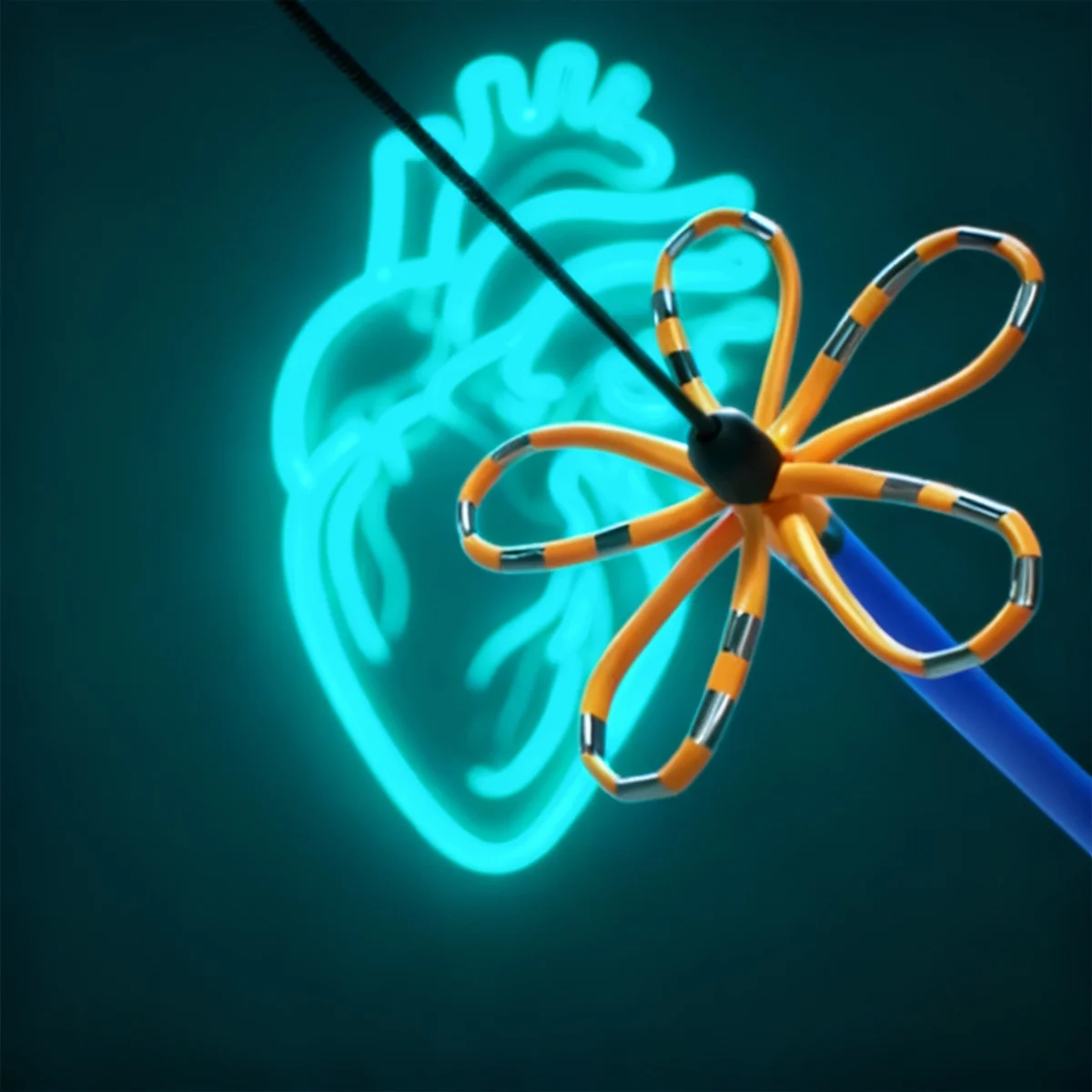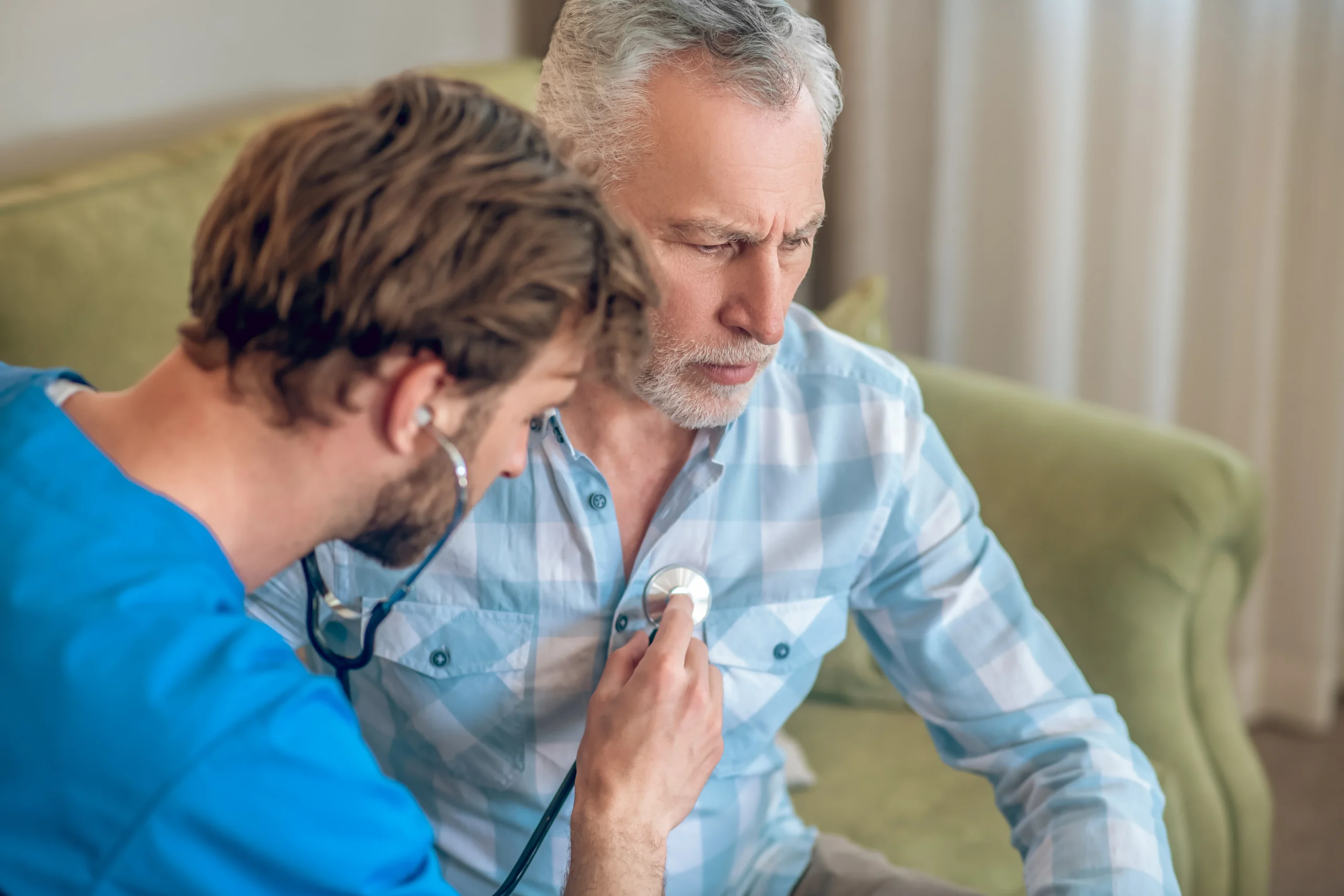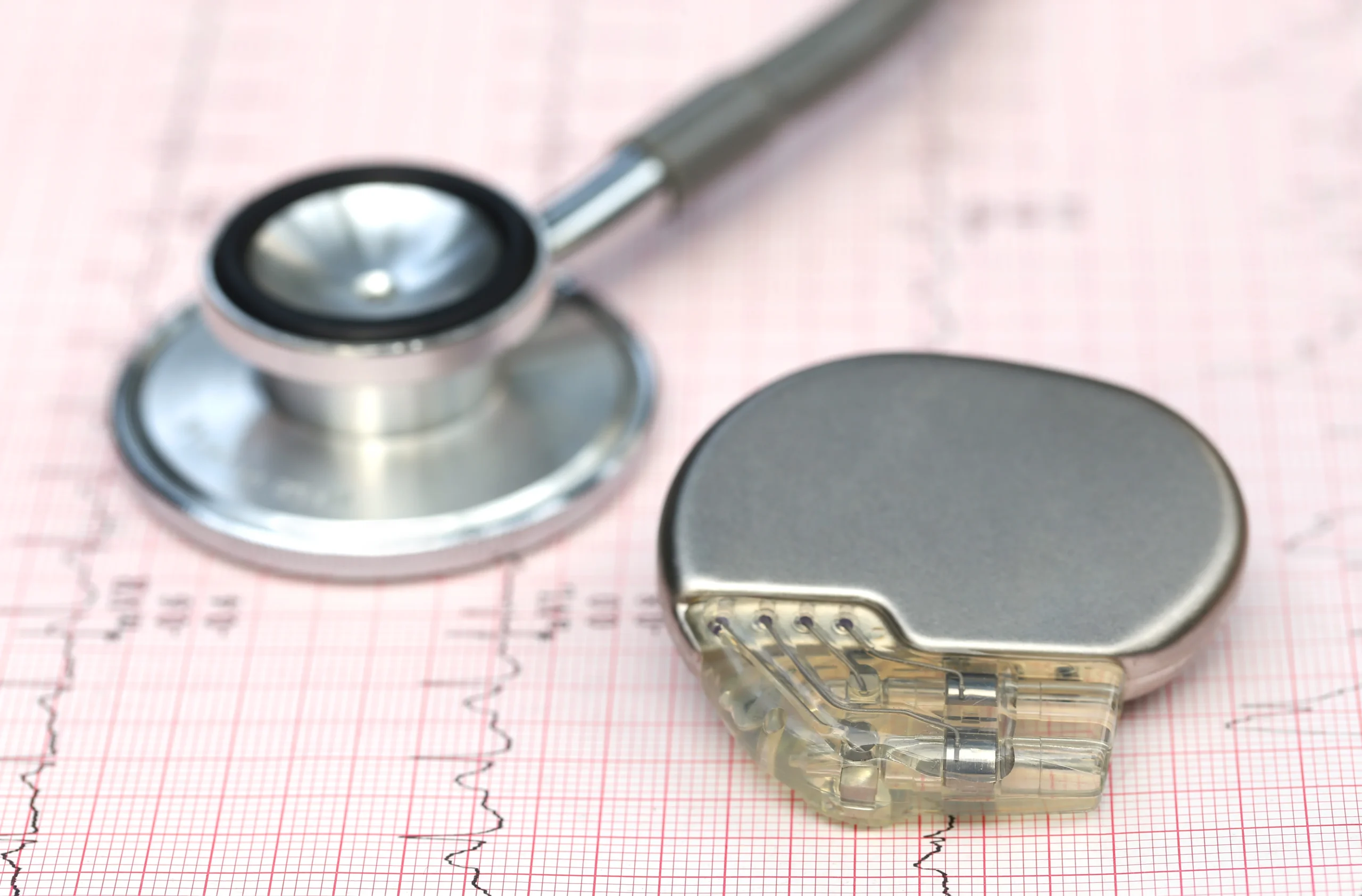If you’ve heard of any heart rhythm disorder, the chances are it’s atrial fibrillation. That’s because AFib, as it’s commonly known, is the world’s most common rhythm condition (there are thought to be more than 100,000 sufferers in Ireland alone).
But although AFib is a very treatable condition, it does have the potential to cause serious problems for your health – especially if not properly detected and controlled. That’s why early diagnosis of atrial fibrillation is so important. Catching AFib in the early stages is the best way to prevent serious health issues from developing, and to improve your quality of life over the long term.
Let’s look at why early diagnosis matters so much for AFib, and what you should do next if you have the condition.
What Is AFib?
Your heart rhythm is controlled by electrical impulses that run from your brain to the upper chambers of your heart (the atria). In a healthy heart, this results in a steady, regular rhythm of about 60-100 beats per minute (bpm). But with AFib, the impulses become random and chaotic. In response, the atria start to “fibrillate” (quiver). This can stop the heart from pumping blood efficiently around the body. It can also cause the heart rate to increase beyond 100bpm – or in some cases, conversely, cause it to slow down.
AFib can also (though doesn’t always – see below) cause a range of unpleasant symptoms in daily life. Some of the common ones include:
- palpitations and heart flutters
- fatigue, especially when doing activities or exercise
- feeling dizzy or lightheaded
- shortness of breath
- chest pains
How AFib Is Diagnosed
The good news about AFib is that cardiologists have some excellent ways to diagnose it promptly and effectively. The standard tests for atrial fibrillation are quick to carry out, painless and usually non-invasive. They can also help us to rule out other conditions that could cause similar issues or symptoms. The main tests for diagnosing AFib are:
- Electrocardiogram (ECG) – a simple test that uses sticky pads on your chest to record your heart’s electrical activity
- Holter monitor – a portable ECG that records the electrical activity continuously for 24-48 hours (or longer)
- Loop recorder – a small device that’s placed under your skin, to record your heart activity over a much longer period
Although it’s no substitute for a full heart test, we recommend that everyone does a simple pulse ‘self-check’ from time to time, to check on your heart rhythm and see if it appears to be regular. “This will help increase your awareness of your pulse so that, should any change be noted, you can seek help from a heart rhythm cardiologist earlier, thus hopefully preventing complications in years to come,” Dr Lyne explains in this ‘Ask the Doctor’ column about atrial fibrillation for Image magazine. “Many smartwatches now have the ability to perform a basic ECG, which can be saved and used as evidence in a clinic appointment,” he adds.
Why It’s Important to Catch AFib Early
One of the big issues with atrial fibrillation is that it’s often a “silent” condition. That’s to say, it won’t necessarily cause any obvious symptoms – meaning you won’t be aware your heart has a problem in the first place. To quote the Welsh rugby legend Alun Wyn Jones, who was diagnosed with AFib in 2023 following a routine heart check: “I can remember getting the odd heart palpitation, but didn’t think anything of it as I was used to pushing my body.” Estimates vary, but it’s thought that anywhere from 15% to 50% of people with AFib experience no symptoms.
Unfortunately, having asymptomatic AFib still puts you at risk of developing serious complications. One of the most serious is a higher chance of stroke – some studies put this at five times the risk compared to a normal heart. This is largely because blood clots are more likely to form when the heart isn’t pumping correctly. How much difference would AFib early detection make to people with the condition? Research suggests a lot. As this pilot programme in Cork points out, early diagnosis has the potential to reduce a person’s risk of a stroke by up to two-thirds.
Here are some other benefits of early AFib detection:
- It means your AFib is more likely to be treatable
- It makes it easier to control and manage your condition
- It can stop symptoms from developing or getting worse and causing major disruption to your daily life
- It prevents the heart from developing life-threatening problems like heart failure and heart attacks
- It prevents structural changes to the size of your heart, which would complicate treatment
- It improves outcomes, particularly when treatments like rhythm control, antiarrhythmic drugs or ablation are involved.
What to Do if You Notice Symptoms
If you’re getting some of the symptoms associated with AFib, we’d encourage you to see a cardiologist or GP to investigate further. Although atrial fibrillation can be benign and isn’t usually life-threatening, you shouldn’t ignore new symptoms or wait until they get worse.
The HSE recommends seeing a doctor if you experience chest pain that comes and goes, a sudden change in your heartbeat, and if your heart rate is often lower than 60 or above 100 and you have other symptoms of atrial fibrillation, such as dizziness and shortness of breath. Chest pain that spreads to your arms, back, neck or jaw, makes your chest feel tight or heavy, that also starts with shortness of breath, sweating and feeling or being sick, or lasts more than 15 minutes should be treated as a medical emergency (call 112).
And if you’re concerned about AFib or any other heart-related problems or symptoms – either for yourself or a loved one – we’re here to help too. You can book a diagnostic consultation with Dr Lyne quickly and easily on the Heart Rhythm Cardiologist website. Just head to our Contact Us page for all the details, including your nearest clinic locations.
Concerned aboutyour heart rhythm? Get in touch with Dr Lyne at Heart Rhythm Cardiologist.





